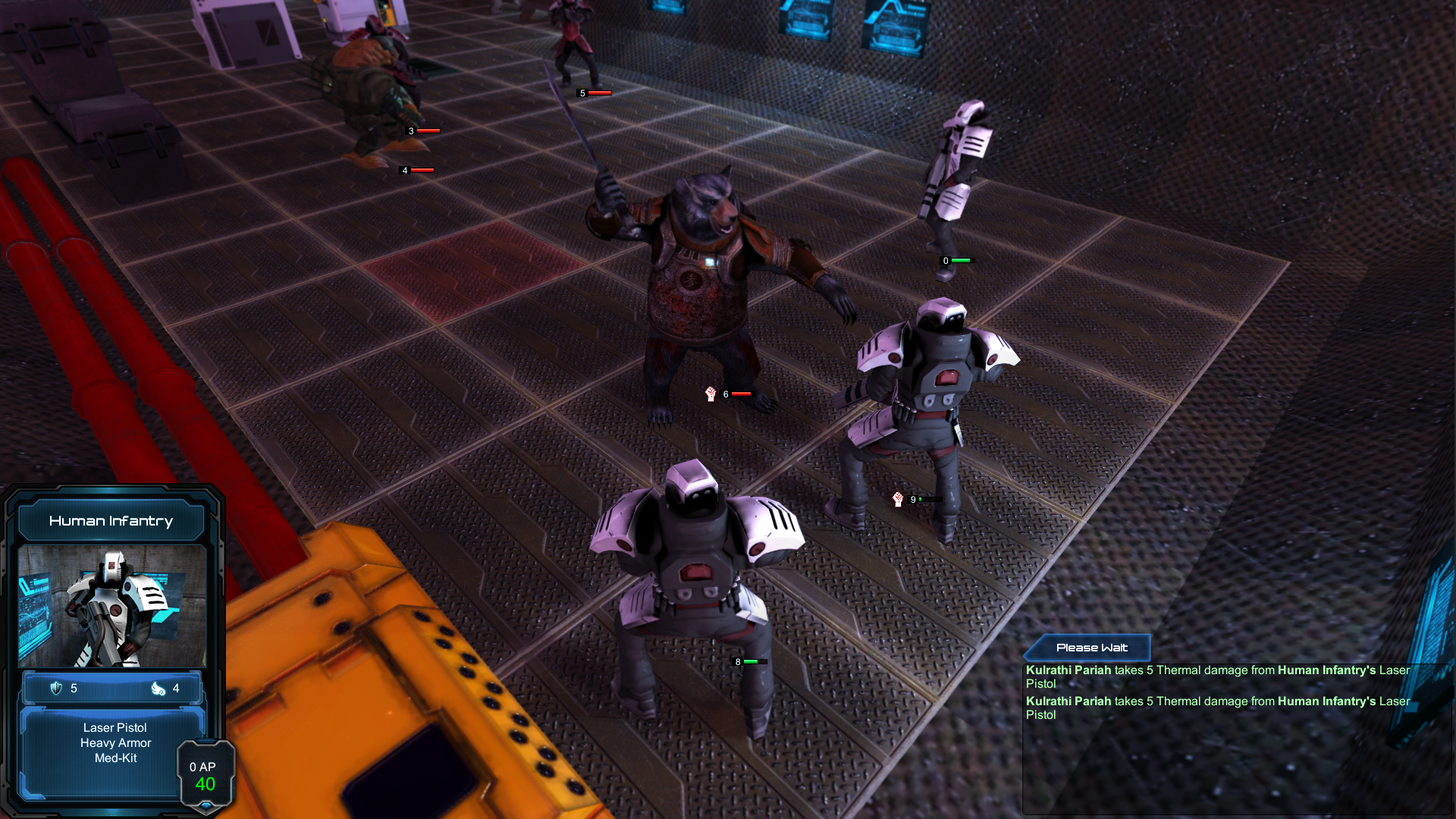You don’t see many lawyers trading precedents for programming.
Whether it’s the lucrative allure of legal work or the oftentimes longer hours in development, these two professions usually only intersect when something needs to be signed. Daniel DiCicco, the director of the upcoming tactical space-exploration game StarDrive 2, is one of the rare individuals to make the leap from counsel to consoles. DiCicco went from trial lawyer to independent designer, finding that many of his research and administrative skills fit right into gamemaking.

Unlock premium content and VIP community perks with GB M A X!
Join now to enjoy our free and premium membership perks.
![]()

![]()